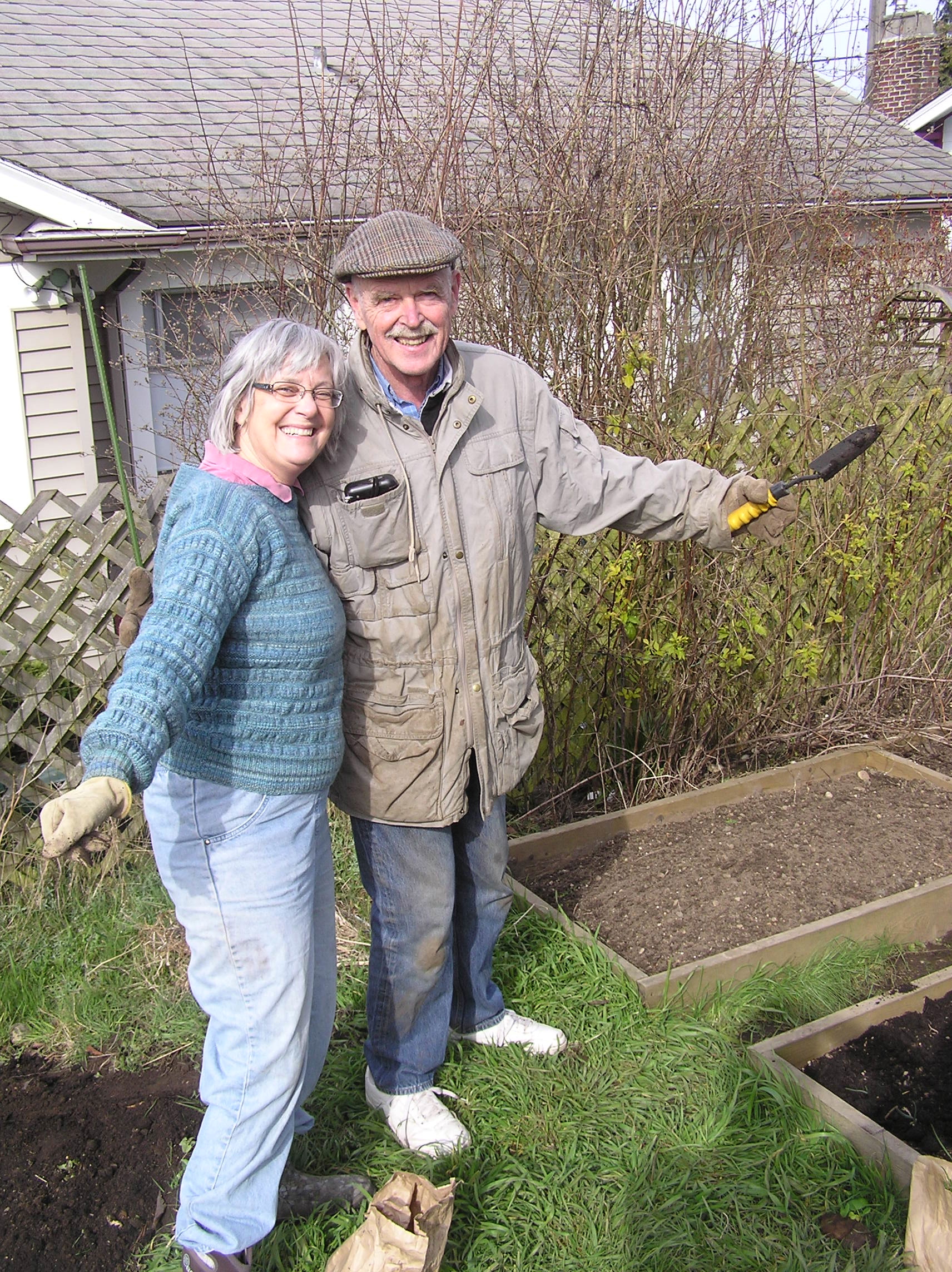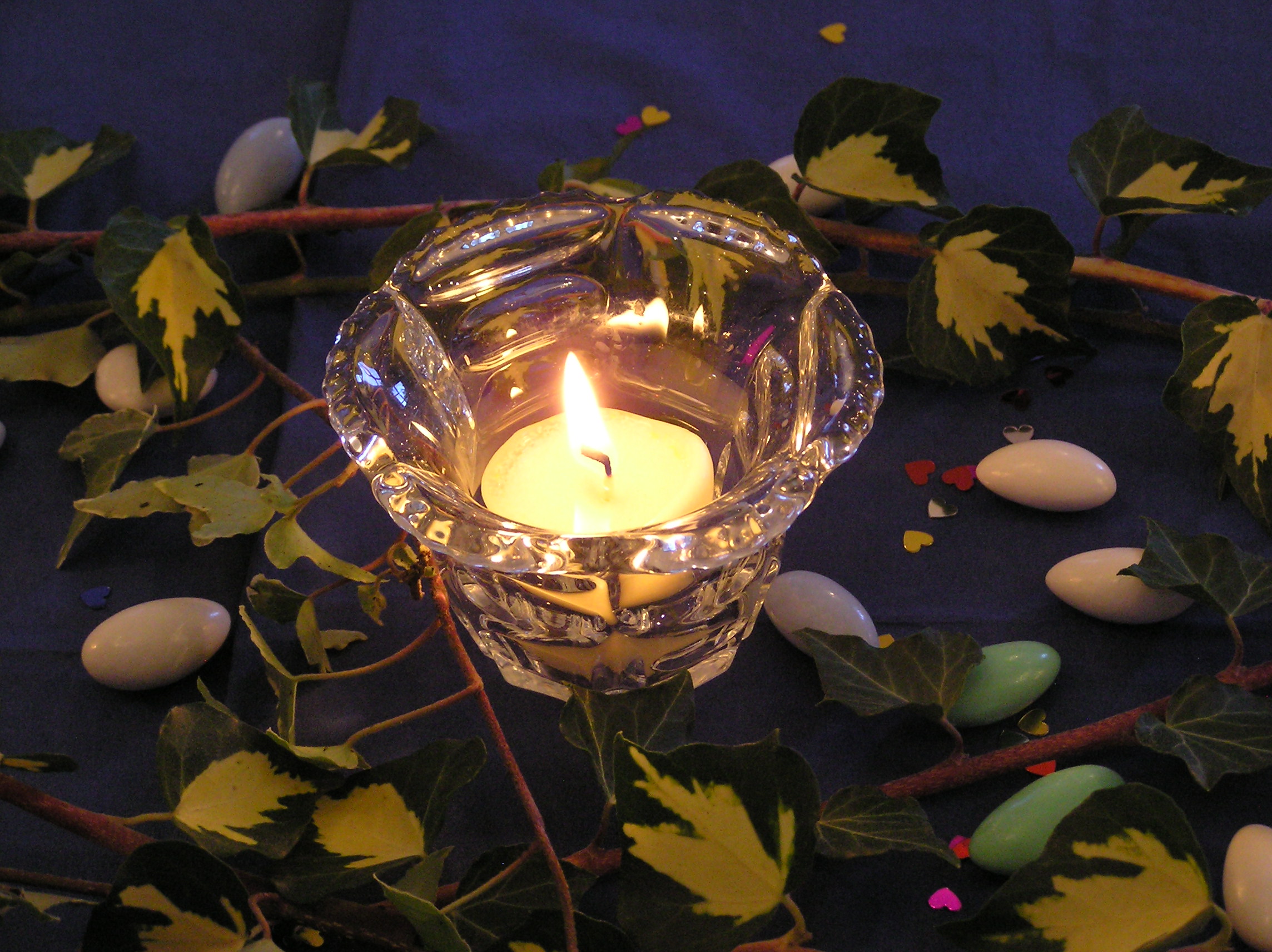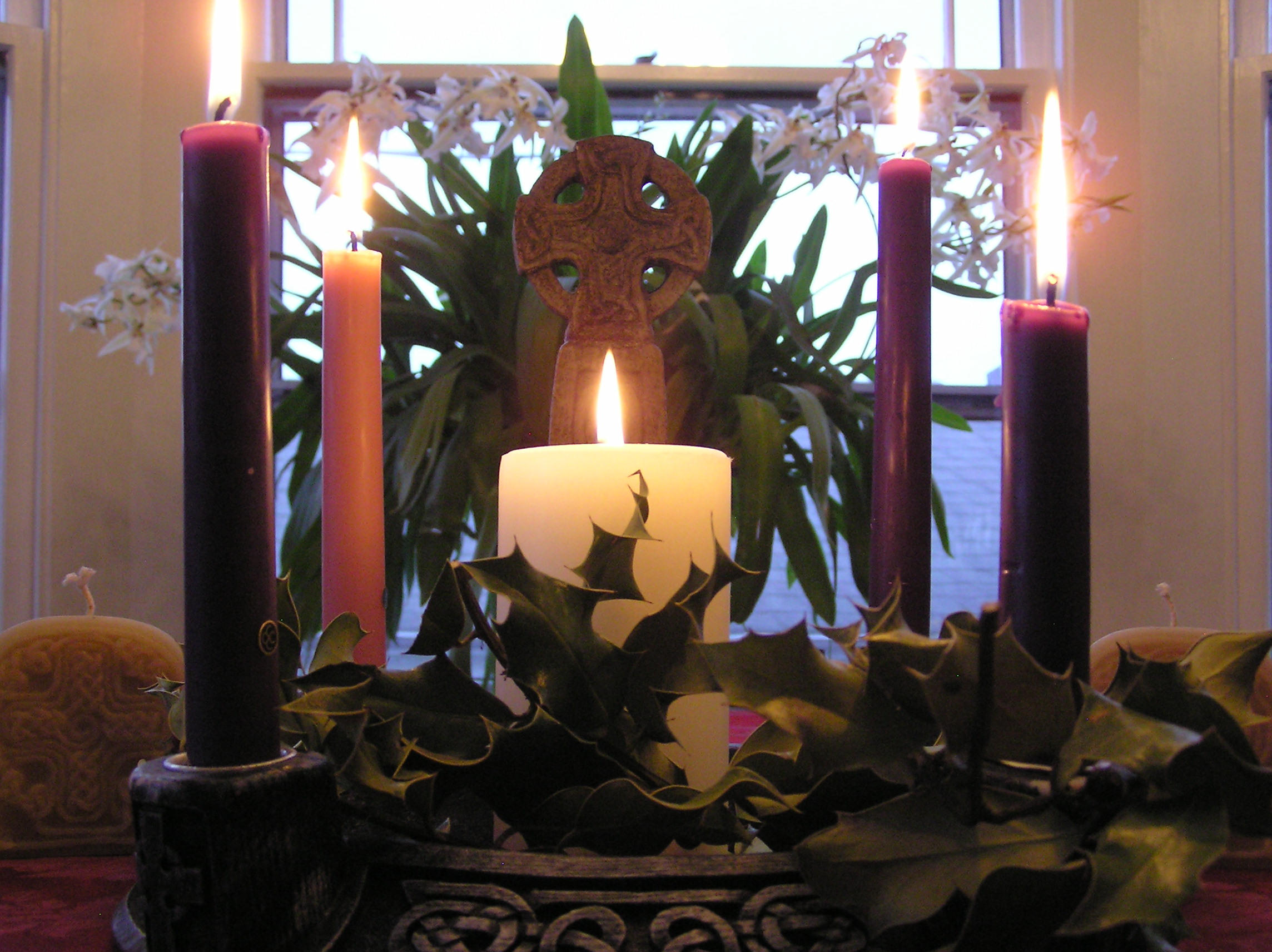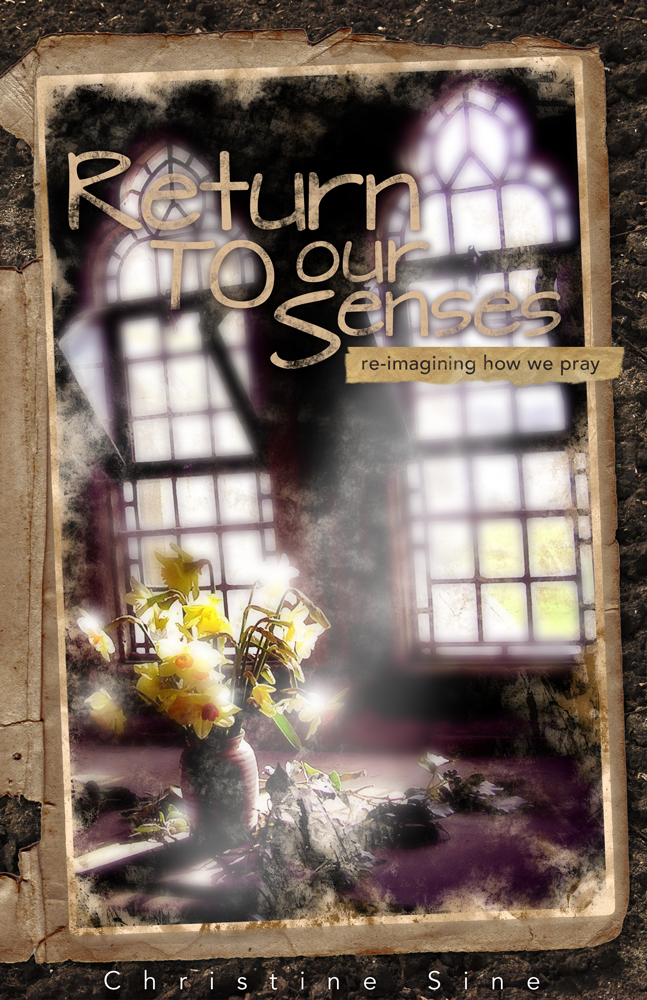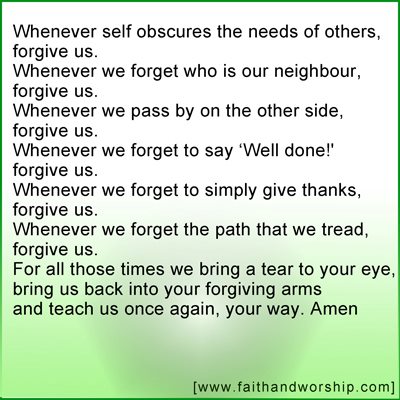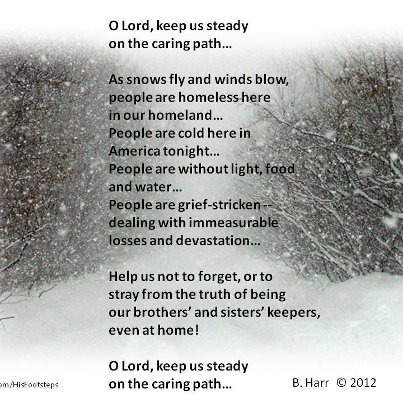This is an amazingly creative way to save fresh produce. When I first watched the video all I could think of was the food that goes bad in our fridge, (yes self centred I know) but this really could save the 25% of the world’s food which presently gets wasted because of spoilage. Kavita M. Shukla the Inventor and Founder/CEO of Fenugreen is a pioneer in the movement towards sustainable, active, natural food packaging.
One thing I love about living in the U.S. is the celebration of Thanksgiving. I tell people that there is no equivalent in Australian culture – we just aren’t very grateful people. (just joking). Not surprisingly, this month’s Synchroblog theme invites writers to share their thoughts on gratitude as a spiritual practice.
It’s easy during the month of November to think about thankfulness. A lot of us will probably in some way, shape or form, say “I’m thankful for…” this month. But gratitude is much more than a feeling or something we talk about around the holidays. Gratitude can also be a powerful spiritual practice that opens our hearts to the rhythm of giving and receiving that is the heartbeat of life itself. Many believe the spiritual practice of gratitude not only has the ability to transform us as individuals but can also change the world we live in. However, like so many other spiritual practices, it takes intention and focus.
What do you think about gratitude as a spiritual practice? How would one go about practicing gratitude as a spiritual exercise? What are you learning about gratitude? What practices help draw you to gratitude? How is your experience with God deepening through gratitude? What benefits does the spiritual practice of gratitude offer to you, others, the world?
I have posted a number of liturgies, prayers and posts for Thanksgiving in the past including this one, but it is always great to get new perspectives.
Here are the links to the posts that have been contributed. Great food for reflection before Thanksgiving day next week.
- Jeremy Myers – 5 Things to be Unthankful For
- Glenn Hager – Gr-atitude
- Carol Kuniholm – Grateful
- Amy Martin – Gratitude in a Culture of Economy
- Leah at Desert Spirit Fire – Living Thanks
- Kathy Escobar – turning our ingrown eyeballs up & out
- Jack Kooyman – Gratitude as Action
- Christine Sine – Where is God When Disaster Hits?
- Liz Dyer – Practicing Gratitude
This weekend we will be out in the garden getting it ready for winter. This is the time when we pull the last of the now rather bedraggled tomato plants, disconnect the hoses, bring tender perennials inside, cover pots so that they don’t fill with water and rake the last of the autumn leaves so that they don’t clog the drains. In other words we are getting the garden ready to rest.
Why don’t we prepare ourselves to rest too I wonder? Our bodies are telling us that it is time to slow down but few of us listen. In fact we often get angry and try everything we can to reverse the body’s inclinations. And to make it worse, if you are like me, the next couple of months will become a frenzy of activity as we prepare for Christmas and the end of the year. Friends to contact, presents to buy, letters to write, parties to plan. The list seems endless.
So what can we do to help us prepare for this season? Here are some things that winterizing the garden has suggested to me this year that I plan to try to implement.
- Clean up the dead plants in my life. There are so many distracting and unnecessary dead plants in my life that need to be thrown into the compost bin. – especially too much time spent on Facebook and email. And hopefully if I throw them into the compost bin now they can be transformed and renewed for the season of spring growth.
- Bring tender perennials inside. One question I am learning to ask at this season is What aspects of my life do I need to nurture with some extra TLC so that they will survive and flourish in the future?
- Cover pots so they don’t fill with water. This is one that I learned by bitter experience last year as my pots filled to overflowing and killed the waterlogged plants inside. There are aspects of my life that need to be allowed to rest without the drenching, killing rain of the Christmas season. Preserving them so that they are not vulnerable to the onslaught of the season is very important. One way that Tom and I have found to do this is by setting aside retreat time during the days of Advent. Scheduling those times now so that they do not get filled with other things is essential.
- Raking up the autumn leaves. Clogged drains and gutters lead to flooded basements, that too I have learned from bitter experience. So what are the aspects of my life that clog the free flow of God’s spirit? What needs to be cleaned away so that the water of God can flow uninterrupted into the drainage system cleaning away the remaining debris?
- Plant cover crops. One of the greatest organic garden techniques which to be honest I rarely get to do, is the planting of nitrogen rich high energy producing greens that can be tilled under in the spring to provide that life-giving energy boost to all the new spring crops. So the question I ask myself this morning is What are the green manure, high energy disciplines I should be planting in my life right now in order to give full benefit to the spring crops I plant? As I think about this I realize once more how the foundational spiritual disciplines of prayer and quiet reflection as well as times of retreat at this season, are to my growth for next year. And they are so easily neglected.
So my question for all of us today is – How do we prepare for the coming year so that the garden of our lives flourishes into a new season? I would love to hear your thoughts on this.
Christmas is approaching. I know it must be so because Santa Clause has already invaded the stores and TV is alive with holiday cheer… and there are only 43 days to go!
For many this season is anything but cheerful, even when we have not had to put up with non stop Christmas music for days before hand. For those who have lost loved ones , lost a job, are struggling financially or with illness this not an easy season. And for those who have lost their houses and livelihoods due to the devastation of Sandy and other disasters this year, the season will probably be anything but cheerful, so why do we try to cover our pain and grief with Yuletide cheer?
Many churches have begun to recognize that Festivals of Carols, celebrations of Christmas, and children’s pageants do not meet everyone’s needs. To fill this gap churches offer a Blue Christmas service, a Service of Solace or Longest Night. People who are not having a very merry Christmas and friends who support them are invited to come and sit with one another in a liturgy that speaks of the love of God for the grieving.
Here are some great resources that could help if you want to plan or participate in a Blue Christmas service:
Text of the Week has some great resources for planning a Blue Christmas service. (scroll down the Advent resources until you get to Blue Christmas).
Stephens Ministries also lists ideas for celebrating this season.
I also like this simple but powerful Blue Christmas Service and the ideas for how to use it.
These prayer suggestions from Mental Health Ministries.
And this beautiful Liturgy of Remembrance for Advent and Christmas.
Let me end with this beautiful prayer by Ted Loder which appears in Guerrilas of Grace
O God of all seasons and senses, grant us the sense of your timing to submit gracefully and rejoice quietly in the turn of the seasons.
In this season of short days and long nights,
of grey and white and cold,
teach us the lessons of endings;
children growing, friends leaving, loved ones dying,
grieving over,
grudges over,
blaming over,
excuses over.
O God, grant us a sense of your timing.
In this season of short days and long nights,
of grey and white and cold,
teach us the lessons of beginnings;
that such waitings and endings may be the starting place,
a planting of seeds which bring to birth what is ready to be born—
something right and just and different,
a new song, a deeper relationship, a fuller love—
in the fullness of your time.
O God, grant us the sense of your timing.
This resource list was updated in 2014. Please check out the latest list
Each year I put together a new list of Advent resources. This list always builds on the previous lists that I have compiled. Here are the best of what I have discovered this year, but I would also like to know what resources you have discovered that should be added to this list
The Voice has one of the most comprehensive explanations of Advent and the symbols we use during the season. They are also a great source for the daily scriptures of the liturgical year.
The Text This Week always has an awesome array of resources.
Sojourner’s Top Ten Advent Resources for 2012
Advent resources from Ignatian Spirituality
Christmas & Advent _ Ideas, resources and Donkey Rides
RECOMMENDED READING especially for those who know very little about Advent:
- For an evangelical perspective on practicing the liturgical year, few are better than the late Robert Webber. “Ancient-Future Time” is an easy read, with chapters on specific seasons of the year, making it a valuable reference and resource. Check it out on Amazon HERE.
- Mark D. Robert’s ebook, “Discovering Advent”, is a short, helpful explanation of Advent. Check it out HERE.
- Joan Chittister’s book “The Liturgical Year” is a beautiful explanation of how marking time can be a spiritual practice. Joan is a Benedictine sister and writes from that perspective, but has the modern person and not a monastic in mind. Check out her book HERE.
And resources I have listed in previous years:
A couple of years ago Schoolwork.co.uk. published this great Ultimate Christmas Resource List!
Mustard Seed Associates also has a number of Advent resources available including this year’s Advent video:
You can purchase and download a high resolution copy here: Alleluia – The Christ Child Comes
Or you may like to download the entire series of Advent videos from previous years.
And our Advent/Christmas Devotional Waiting for the Light.
I am delighted to announce that my new book Return to Our Senses is now available in both paperback and kindle versions.
Check out the paperback version here. There is still time to preorder the book at a discount price of $15 including U.S. shipping. -All proceeds for sales go to support the work of Mustard Seed Associates.
The kindle version is only available through Amazon. You can check out the kindle version here.
I have already posted several of this week’s Facebook prayers which you might like to check out:
Here are the remaining posts that have been made:
God may we begin this day with you at the centre,
May your love flow from us to neighbour,
May your peace touch those we encounter,
May your life shine through all we do.
May we live as those who are made in your image.
—————————————————-
You speak to us in many ways,
through rushing wind
or still small voice,
in Scripture’s Word
or through your Grace,
and we in turn find many ways
to hear the world’s
insistent voice
break through the silence,
and take your place.
Help us hear your voice
above the clamor of this world,
recognize the difference
and follow only you.
Creator, redeemer, counsellor,
Faithful, righteous, holy One.
May we begin this day with love of you,
May it fill our hearts and minds and souls,
And weave through every fibre of our being.
May it flow from us to others,
Bringing justice, showing mercy, setting free.
May we practice your royal law of love,
Make our hearts so human,
That others may feel at home with us,
So like yours, that others may feel at home with You,
So forgetful of self,
That others might simply become the place
In the power of your love
and the joy of your friendship, Amen
This prayer written by Fr Paul Costello is called the Rosies’ prayer
As an Amazon Associate, I receive a small amount for purchases made through appropriate links.
Thank you for supporting Godspace in this way.
When referencing or quoting Godspace Light, please be sure to include the Author (Christine Sine unless otherwise noted), the Title of the article or resource, the Source link where appropriate, and ©Godspacelight.com. Thank you!


